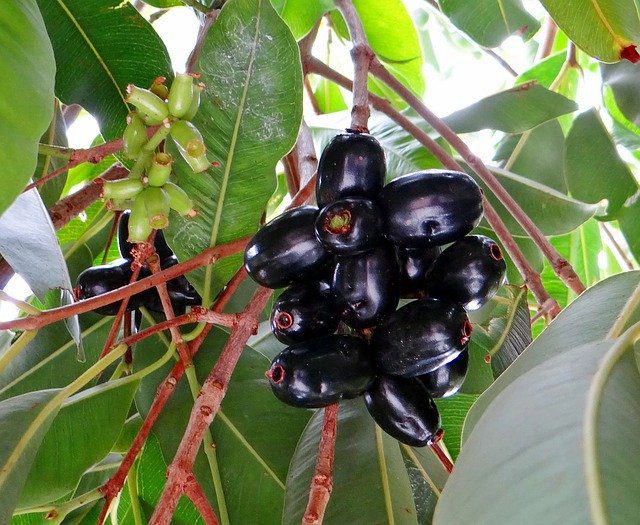These seasonal fruits are must-have in this season. Each fruit has its own characteristic properties. While cherries are rich in antioxidants and Vitamin C, peaches help you in maintaining a good digestive system. The abundance of vitamin C in cherries also helps to keep our skin and hair healthy. Fruit consumption should be avoided at night as the body doesn’t require such a high energy level during night-time.
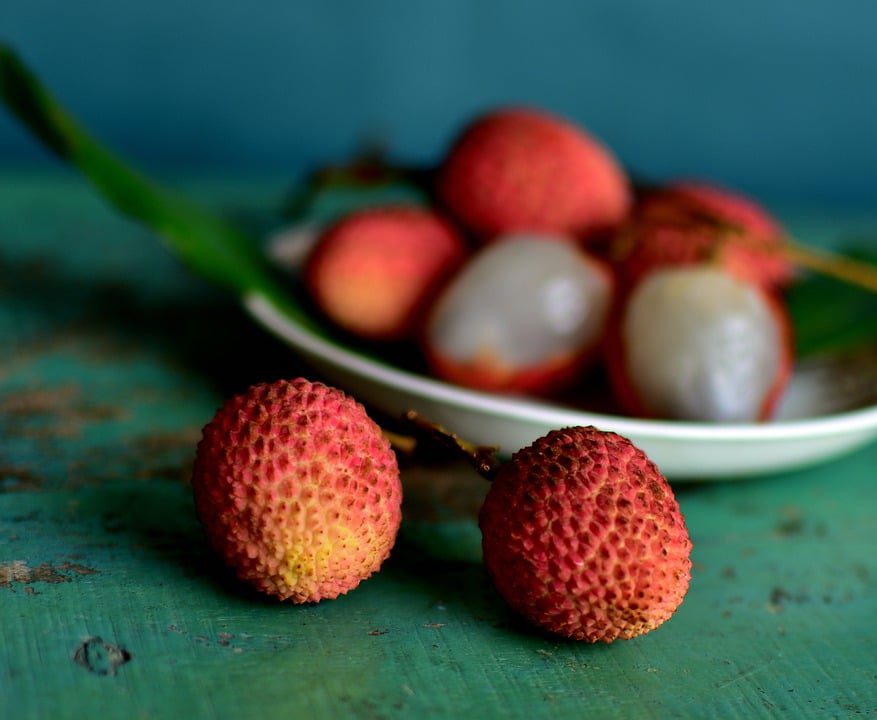
A common myth persists within most people that Litchis due to the high concentration of sugar tend to increase the blood sugar levels in the body. This is not true, in fact, the vitamins along with the sugar present in the fruit keep the blood sugar levels regulated. They are absolutely safe to consume even for people with diabetes.
3. Vegetable Gourds
Monsoons are the most suitable time to include any gourd in your diet. Bottle gourd, pointed gourd, bitter gourd, or Indian squash (Tinda), they all have immense nutritional properties and are easy to digest. These low calorie and light vegetables help create a balance and should definitely be consumed at least once every day. Gourds provide our digestive system a bit of relaxation from the oily foods that one often consumes during monsoon.

4. Turmeric
Turmeric is one of the best spices and has anti-viral, anti-bacterial properties. It is most consequential during monsoons as it acts as a wall against the common cold and other diseases by keeping the immunity high. Raw turmeric must be incorporated in our daily diet to make the best use of this spice. Thinly slice the raw turmeric sticks and make a pickle from it by adding lemon juice and salt. You may also add green chilies for vitamin C and antioxidants. This is a great way to enhance the nutritional level and taste of your food with no added sugars.
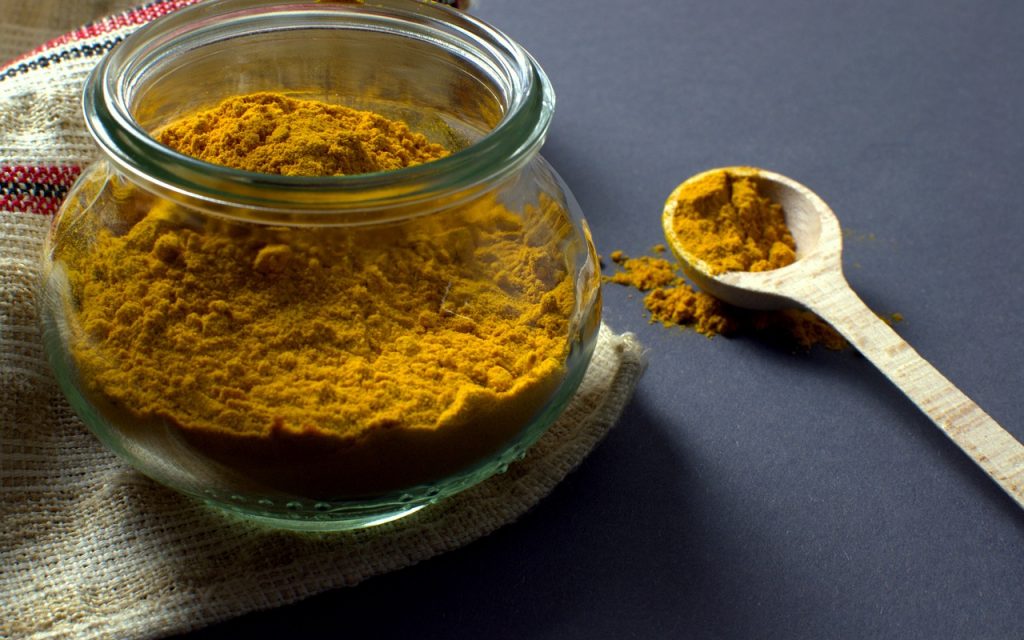
5. Black pepper and Garlic
Rich in micro-nutrients, black pepper can be infused with tea or with vegetables to keep the respiratory tract healthy. Garlic, on the other hand, is a panacea for all illnesses. Garlic has excellent health benefits as it keeps the digestive system healthy and is also a good source of iron, manganese, and vitamin B6. The cloudy weather can at times make you feel gloomy, garlic comes to the rescue there as well since it elevates mood and keeps you going throughout. Pearl garlic is also a form of garlic with similar properties but the percentage of nutrients is slightly more, making it an even better choice in the monsoon season. Garlic should be eaten fresh and you should avoid storing peeled garlic.
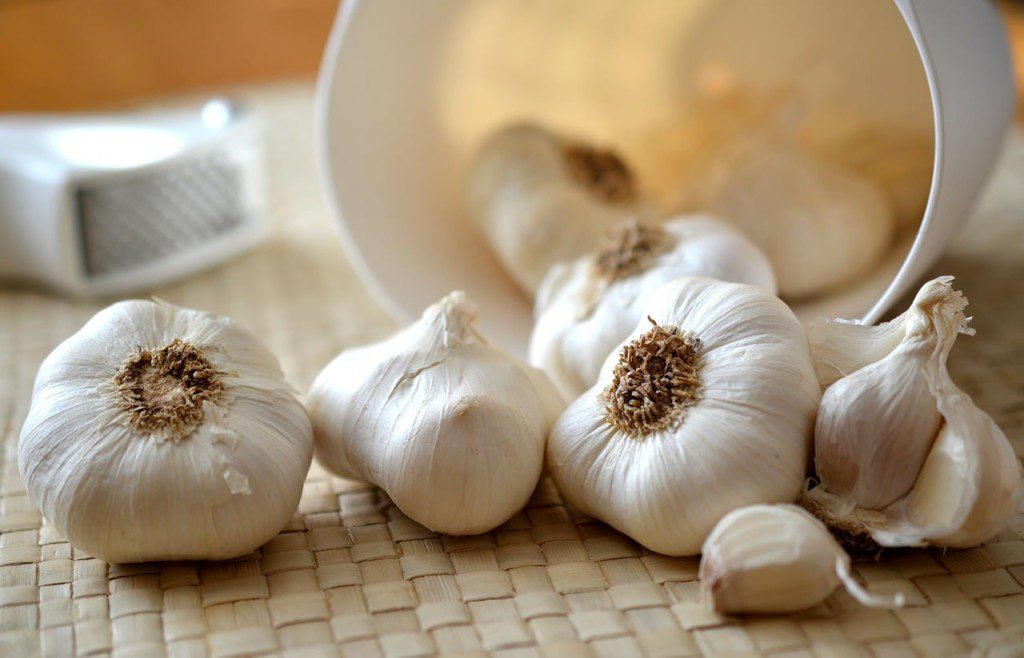
6. Pudina (Mint)
It is known for its refreshing taste and is an excellent addition to the diet during monsoons. Apart from digestion, pudina or mint leaves have versatile uses. It builds immunity and also keeps a check on our oral health.
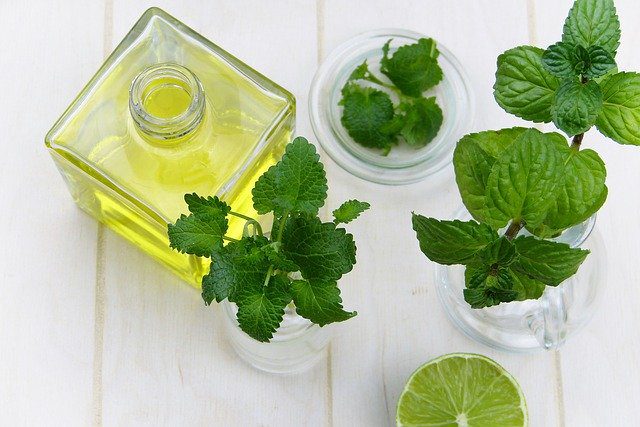
7. Corn
It is a healthy carbohydrate to add to your daily diet. It is gluten-free and burns slowly, therefore easy to digest. It provides relief from water retention and bloating issues. Drinking water after eating corn should be strictly avoided as it is not a healthy choice for your digestive system.
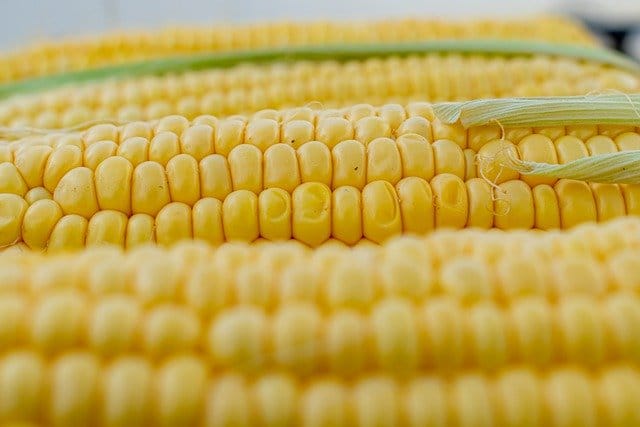
8. Oats
Packed with nutrients, oats are the perfect meal to kick start your day on a healthy note. It resolves bloating issues efficiently and digests slowly, keeping your energy levels high for a few hours. Old fashioned and rolled out oats are better suited for the monsoon season as they absorb the extra mucus in the body.
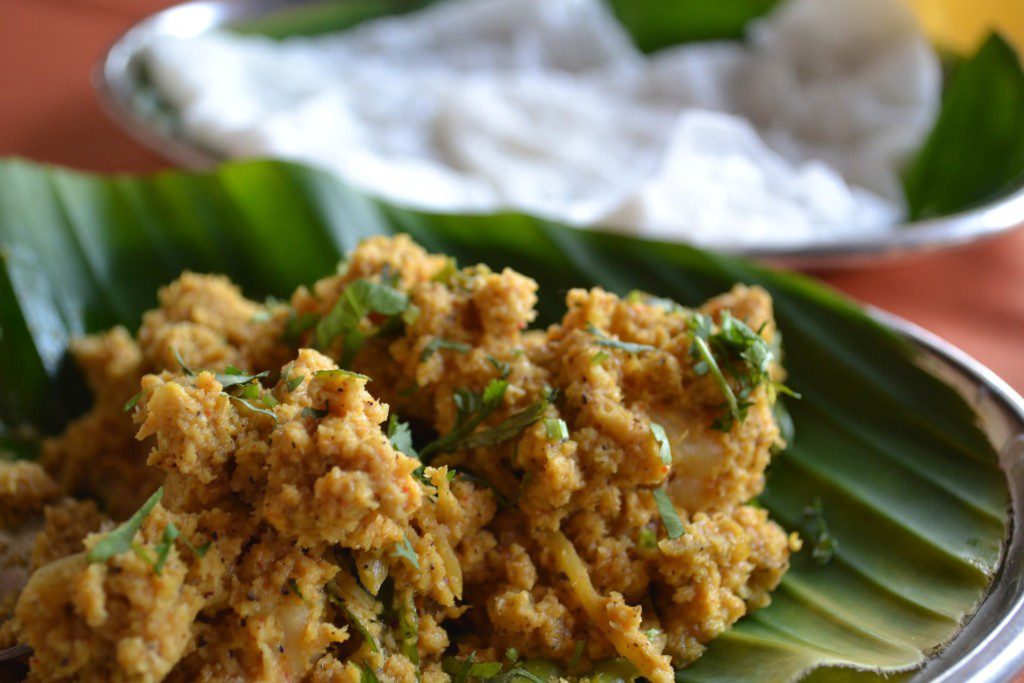
9. Herbal Tea
The desi Indian masala chai tops all kinds of teas. Traditional ginger and tulsi tea is great for our digestive systems and keeps the immunity boosted. Hibiscus tea is also a great option for women during the monsoons. It provides relief from menstruation pain and body aches. It is also available as a blend of hibiscus and rose. Another type of tea known as Camomile tea is best for pregnant women and people suffering from insomnia. Nevertheless, a concoction of herbal tea with turmeric, ginger, tulsi and black pepper always stands out.
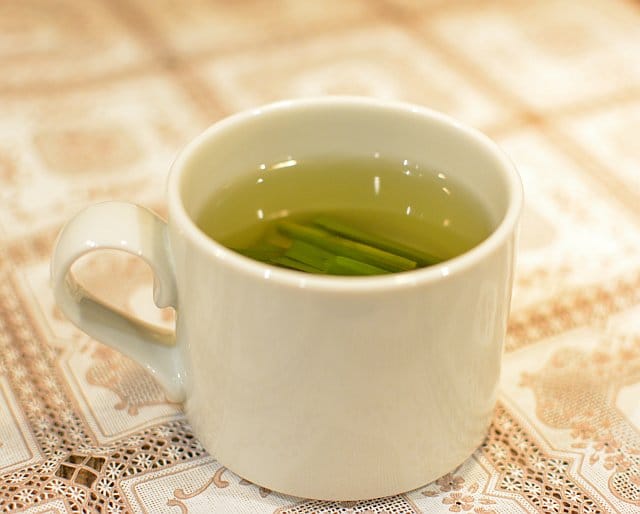
10. Mustard Oil
Monsoon is incomplete without fritters but you can use mustard oil to minimise the unhealthy fat and calories. Mustard oil should be your first preference for deep frying. It helps in better digestion, maintaining oral health and curing body aches. It is locally grown and is therefore inexpensive and easily available.

As water retention is high in the body during monsoons, one should avoid high salt intake. This is the season when we crave for the street food the most but monsoons are also a wakeup call to take good care of our health, so matter how much you want to eat those road-side samosas, make your health a top priority and become your own masterchef!


